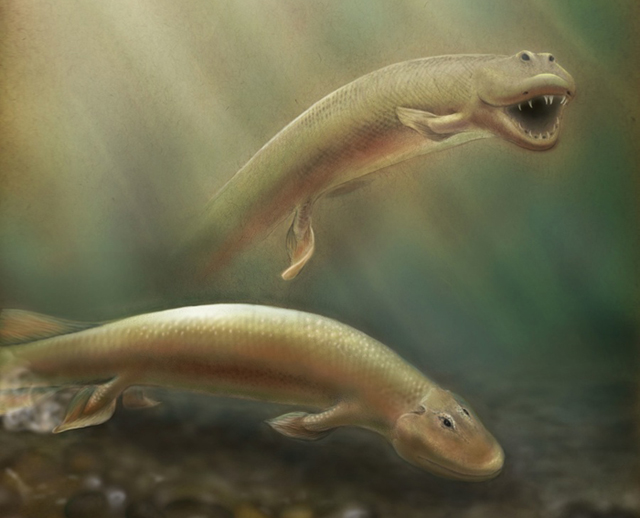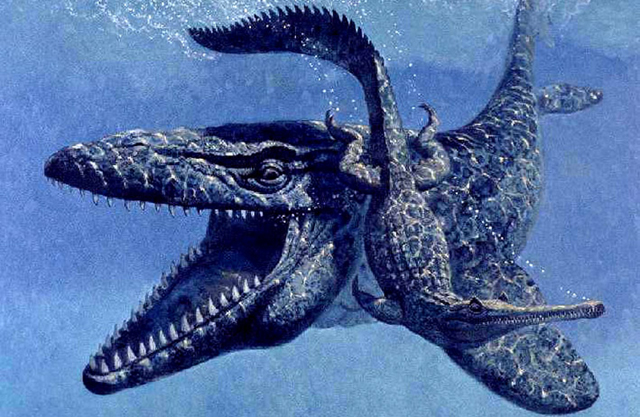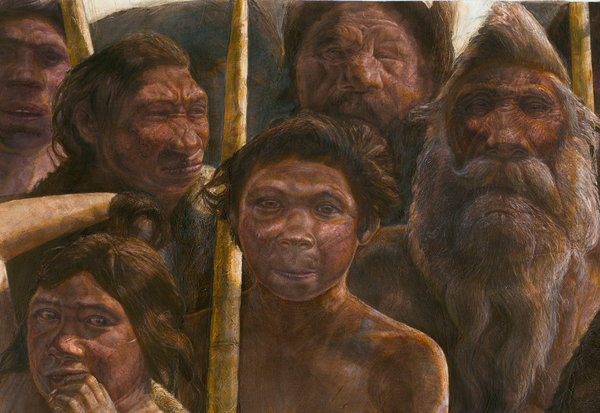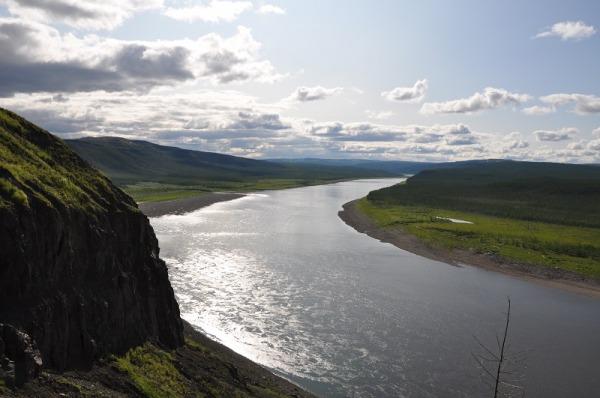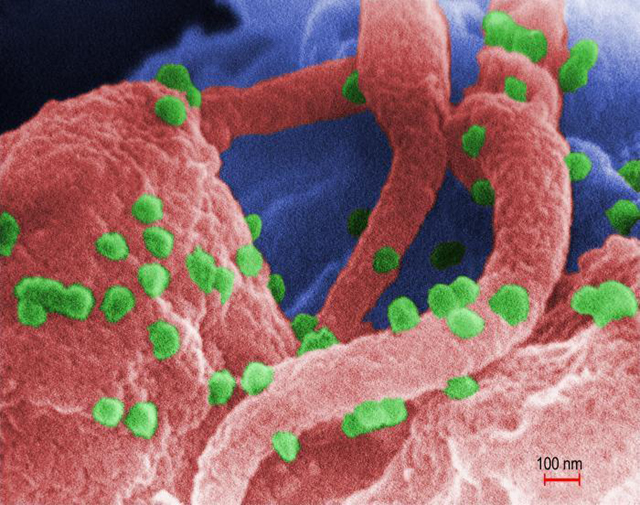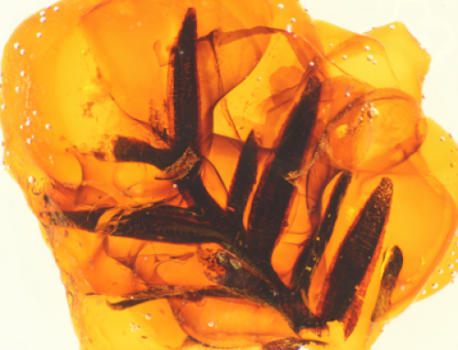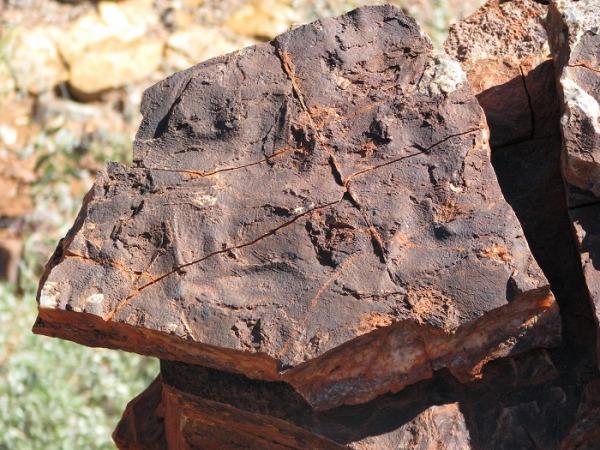The closest known relative of the ancestors of limbed animals such as humans likely evolved the foundation for rear legs even before the move to land, researchers say. This ancestor may have even been able to walk underwater, they added. These findings reveal that a key step in the evolution of hind limbshappened in fish, challenging…
Read more
Strange Ancient Fish Had Front And Back Legs
